Considering the purchase of an existing property
The purchase of an existing property is preferred by investors who see the lower costs involved compared to a new-build property as an important criterion in the decision-making process. In addition, the properties are an interesting alternative to building land at locations where there are virtually no undeveloped building plots left any more. As their name suggests, existing properties are properties that have already been completed and thus do not require a lengthy time for building until they can be used. The properties are a firm part of the owner’s portfolio and generate income through the renting of apartments or commercial spaces. Some of the properties are also used by the owner themselves if they do not primarily buy the property as an investment. If a building is available in its completed form, this does not, however, necessarily mean that the space can be used without work beforehand. The age and the quality of the construction create factors that you should take into consideration when buying the property.
Examining the building’s structure and drawing up a cost calculation
Even though a house may look wonderful in the brochure, the first defects will soon become visible during the viewing. However, most properties have weak points, which is why constructional defects should not constitute a criterion for ruling out that property. The correct approach is to record all the repairs and measures needed to modernise the property. The capital required in addition to the purchase price can then be calculated. For private investors without specialist knowledge, however, it is virtually impossible to identify detects without assistance. If you are interested in a property, contact an expert who can also calculate the costs for you. However, you are advised against buying existing properties that have signs of mould and wood-destroying fungi. Such defects can only be eliminated at disproportionately high cost.
In addition to the actual building structure, you should also take a good look at the floor layout. If the division of the rooms and their size no longer corresponds to modern usage requirements, this will have an impact on the property’s value. It will be more difficult to rent out the property or more costly work is required to adapt the floor plan. Also ask to be shown what heating system the building has and ask about when the electronics were installed. In addition, you should ask for the energy record of the property and the extract from the land register in order to assess the value and to identify any land charges.
Tax aspects with regard to existing properties
One of the many criteria for the purchase of a property is the tax component. The financing of the purchase price results in high charges for the new owner which they can offset in their tax declaration. In addition to the loan amount, the tax-relevant positions also include costs for maintenance work to the building. Special tax circumstances arise for real estate owners who rent out their property and thus generate income. German tax law recognises numerous cases that a qualified tax consultant will be familiar with. They can help you to fill out your tax declaration correctly.
You can offset any costs for your existing property with your taxes that are declared as advertising expenses. These are expenses incurred for purchase and maintenance. Please therefore keep all invoices that you receive from tradesmen or for the purchase of materials. In addition, write-downs are to be made for properties that constitute a calculative loss in value. For these, however, only the purchase costs for the property, not for the land, are taken into account. Existing properties are written off using the straight line method of depreciation over a period of a maximum of fifty years. Use every possibility offered you by tax law to reduce tax. With an existing property, it is possible to claim expenses in your tax declaration and thus have less tax to pay. The highest tax savings can be achieved when the property makes calculative losses. This circumstance, for instance, occurs when more is spent on repairs than is received in income in the fiscal year.

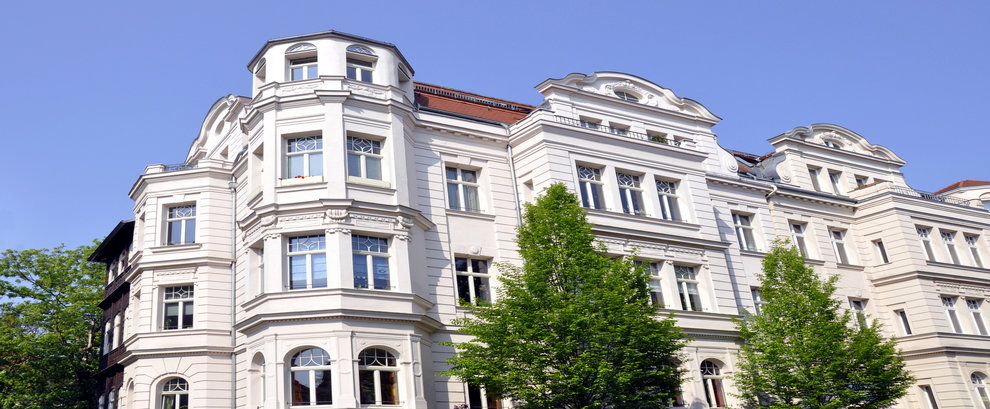
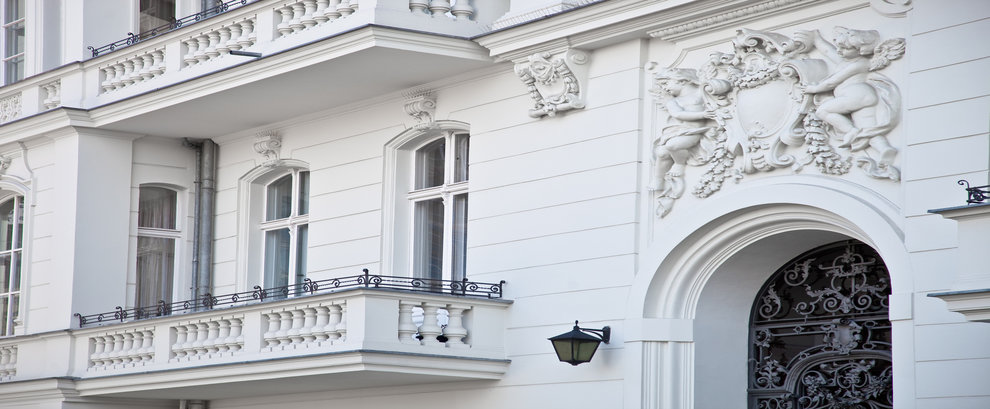
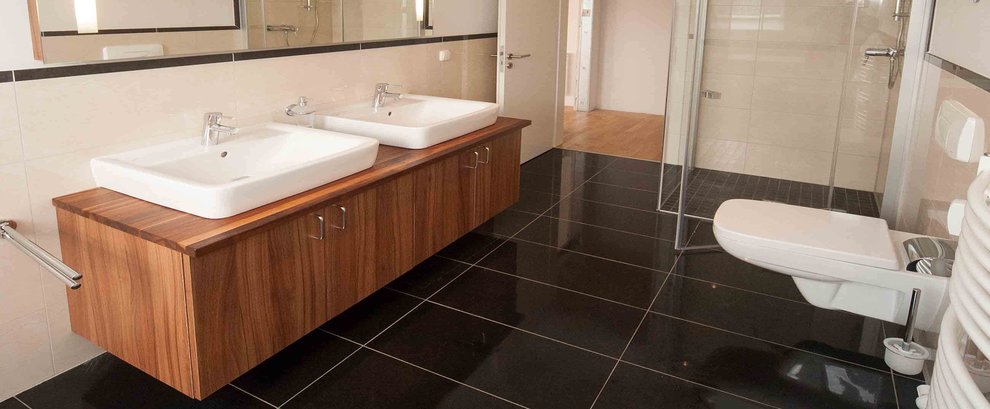
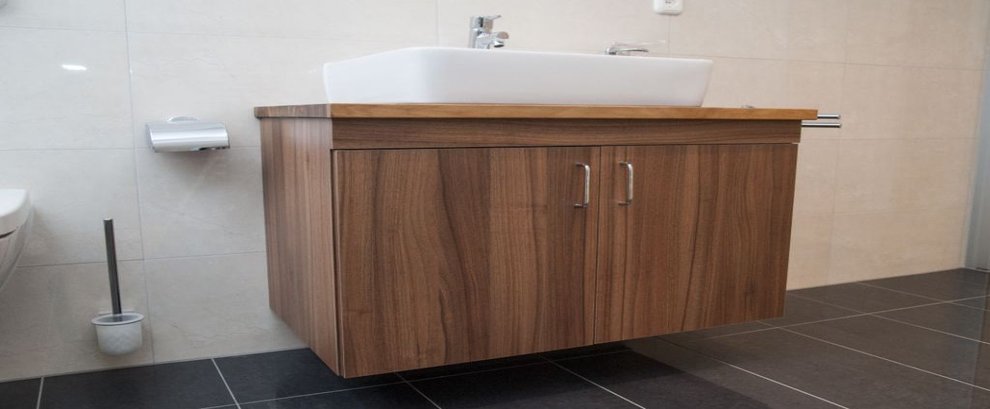
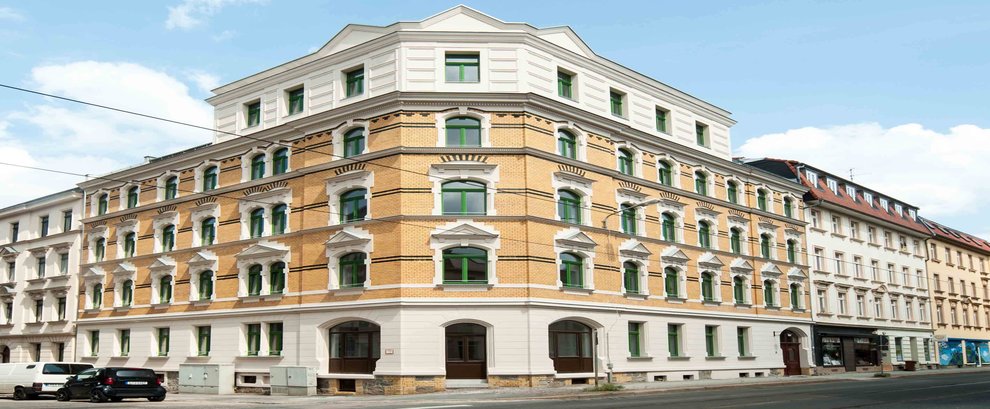
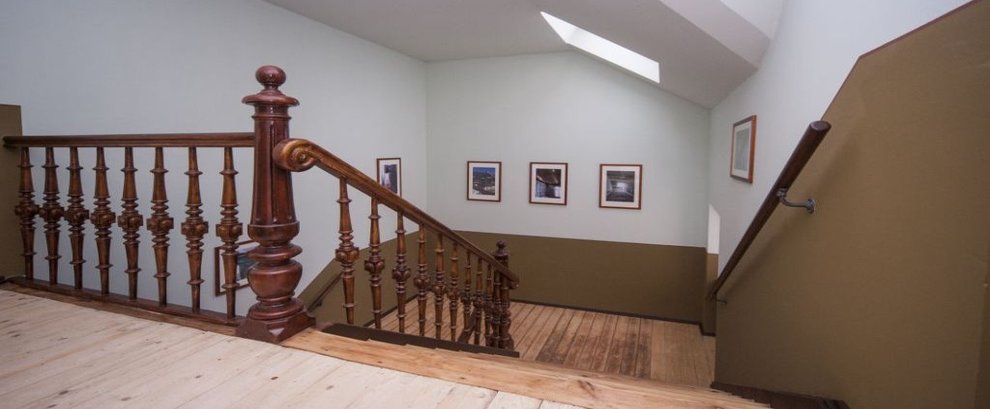
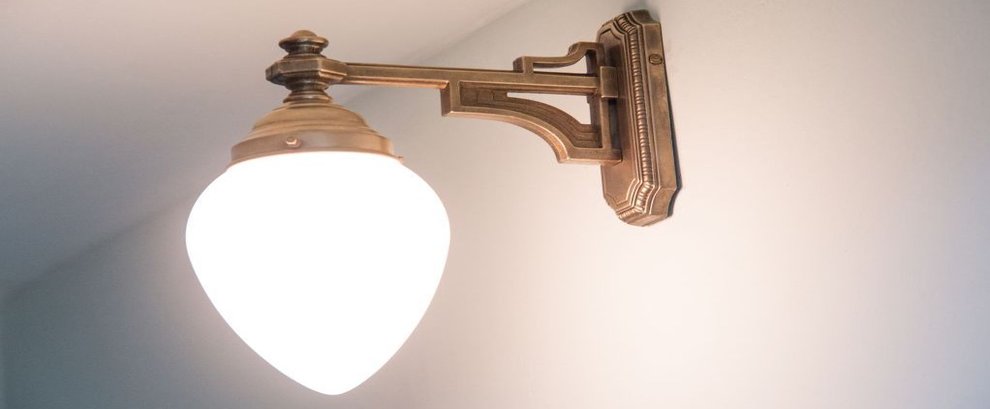
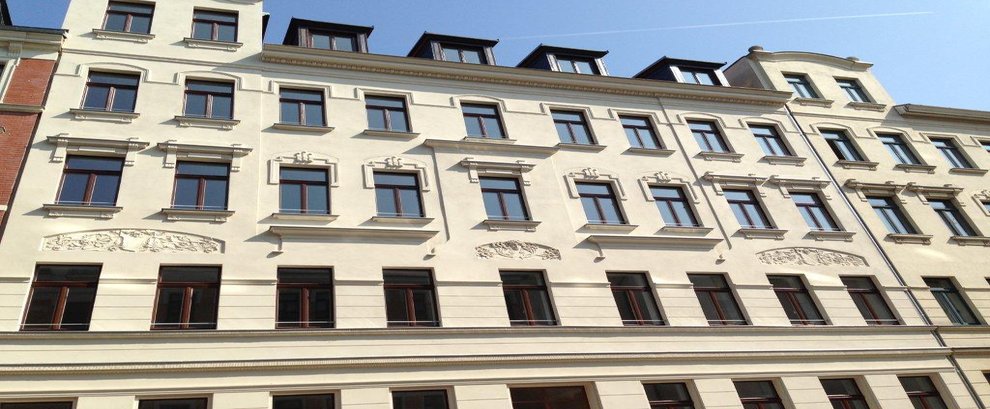
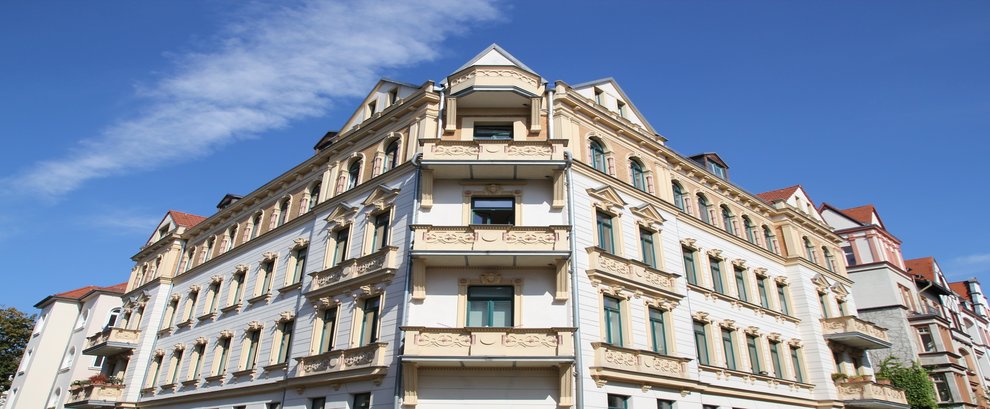
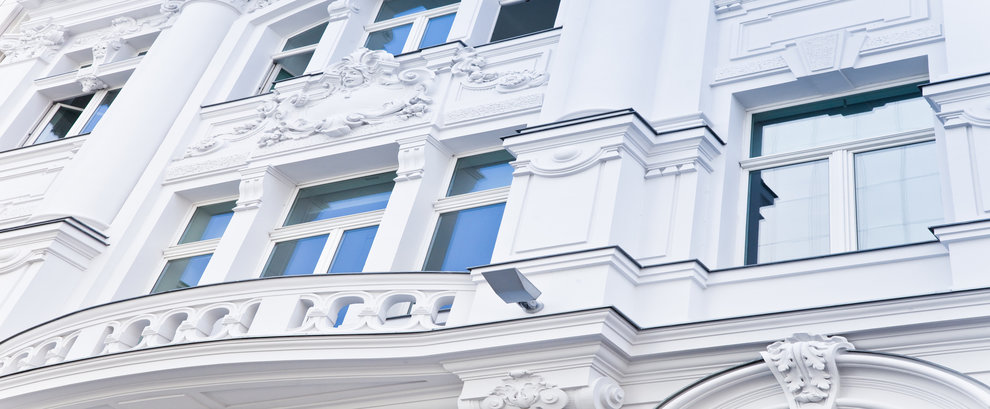
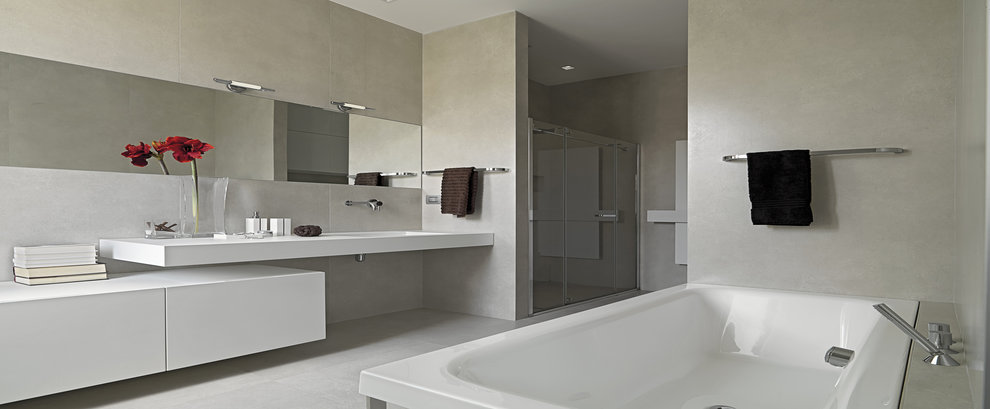
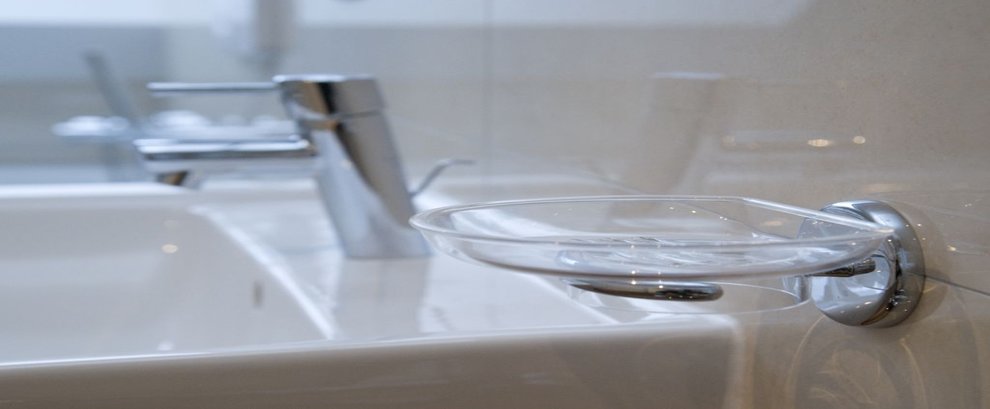
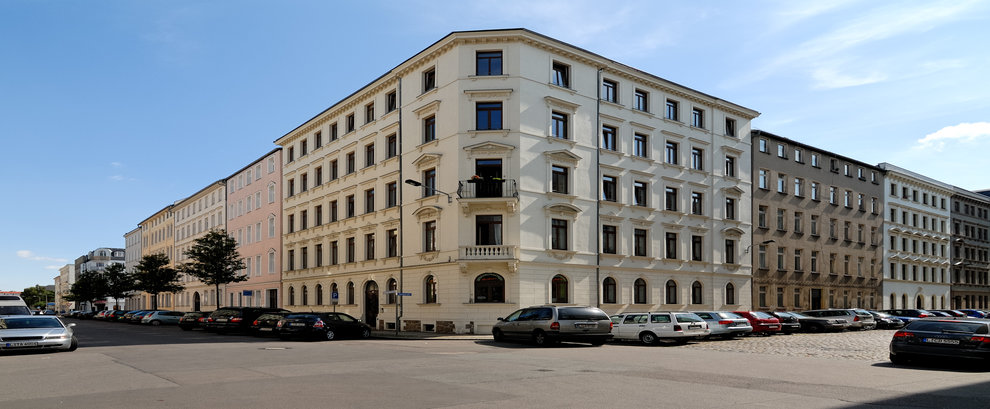
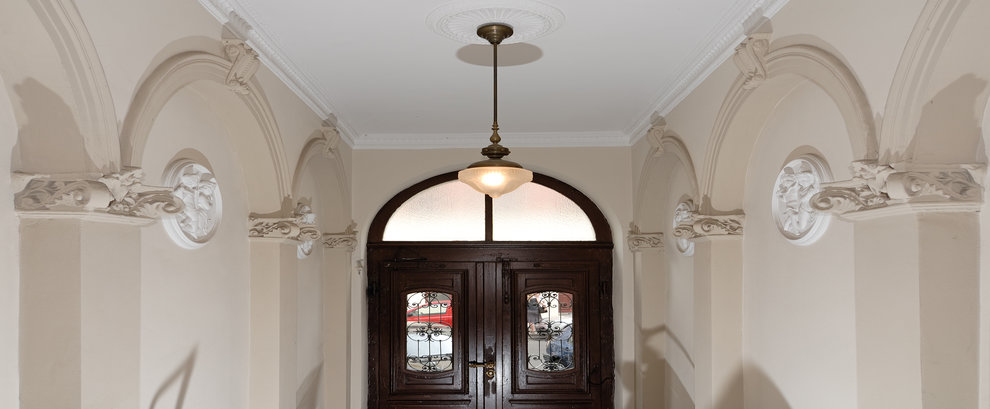
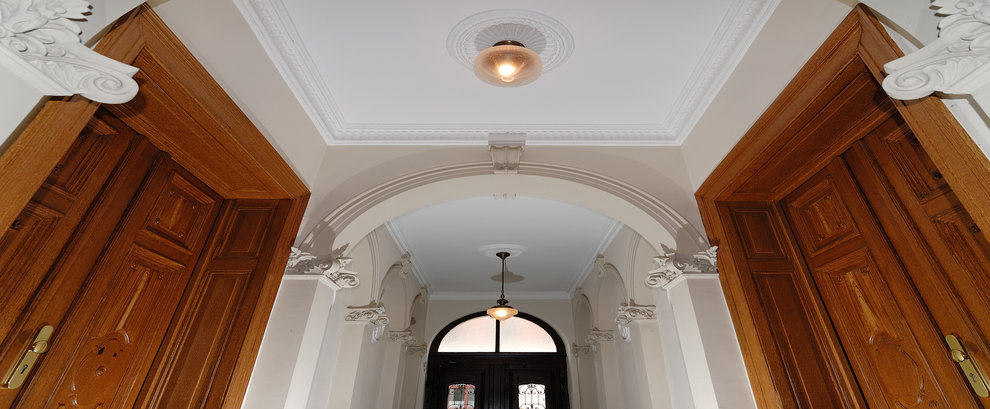
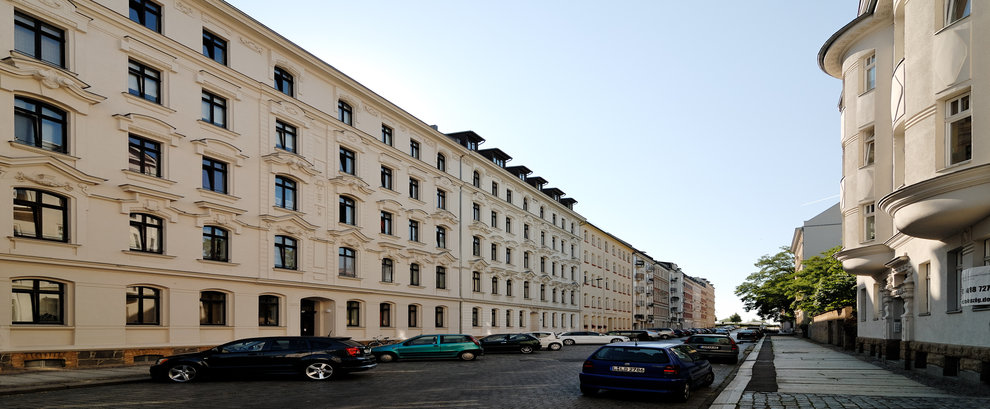
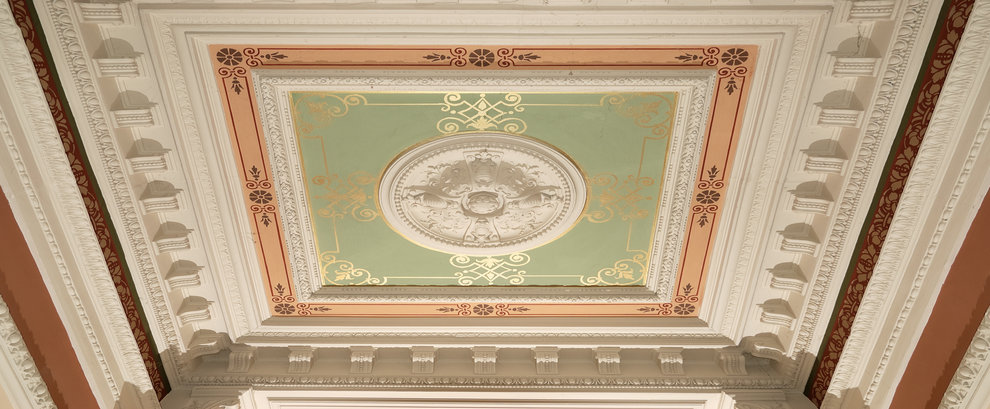
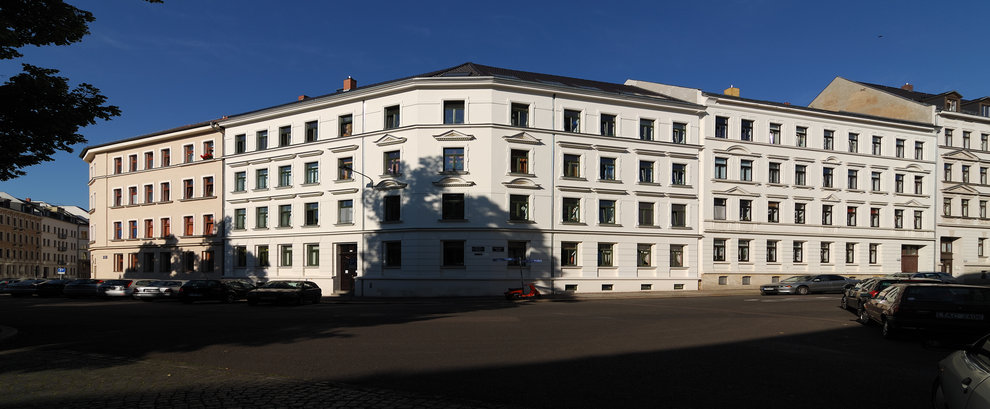
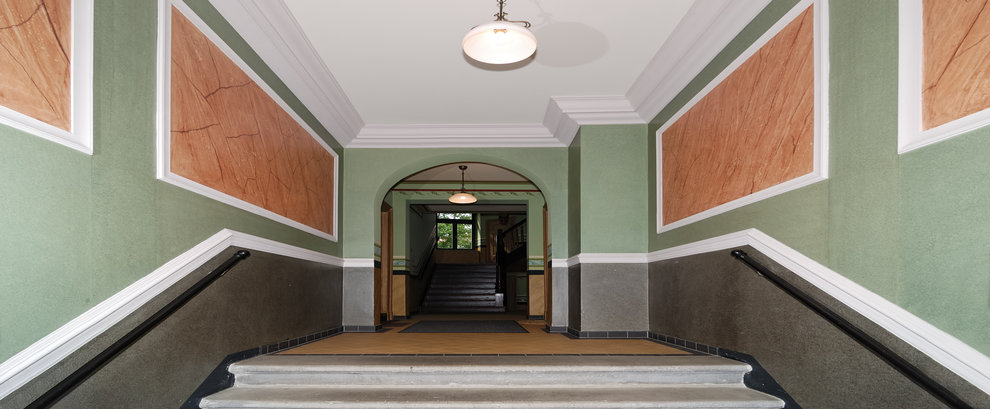
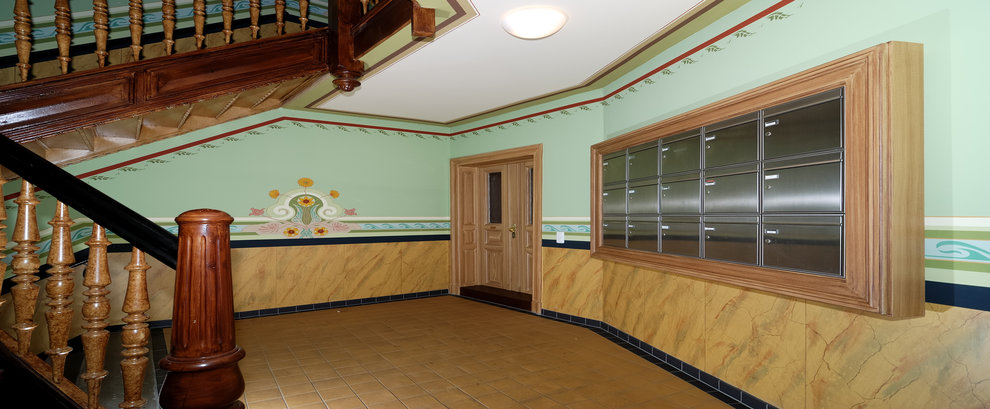
Leave a reply